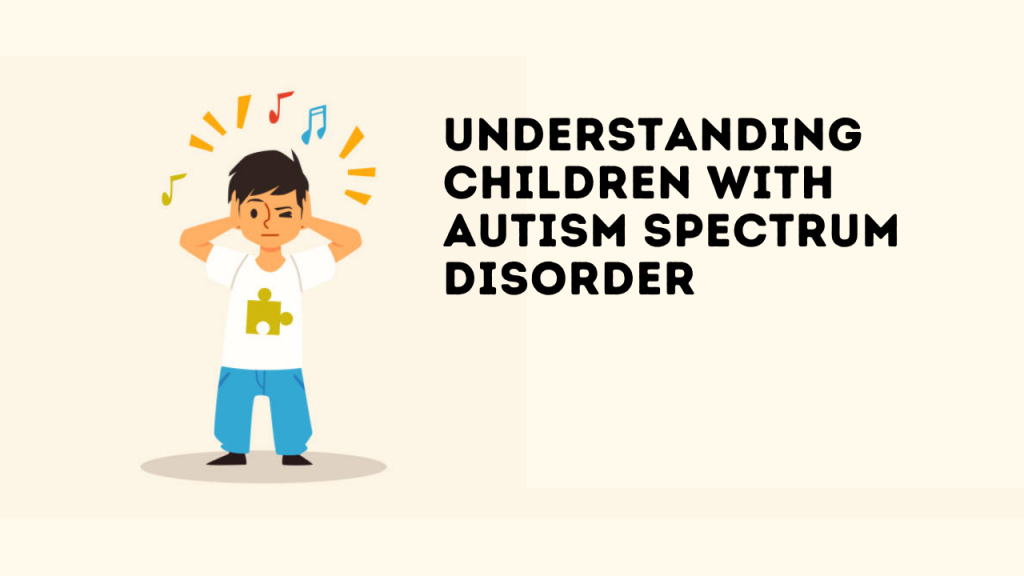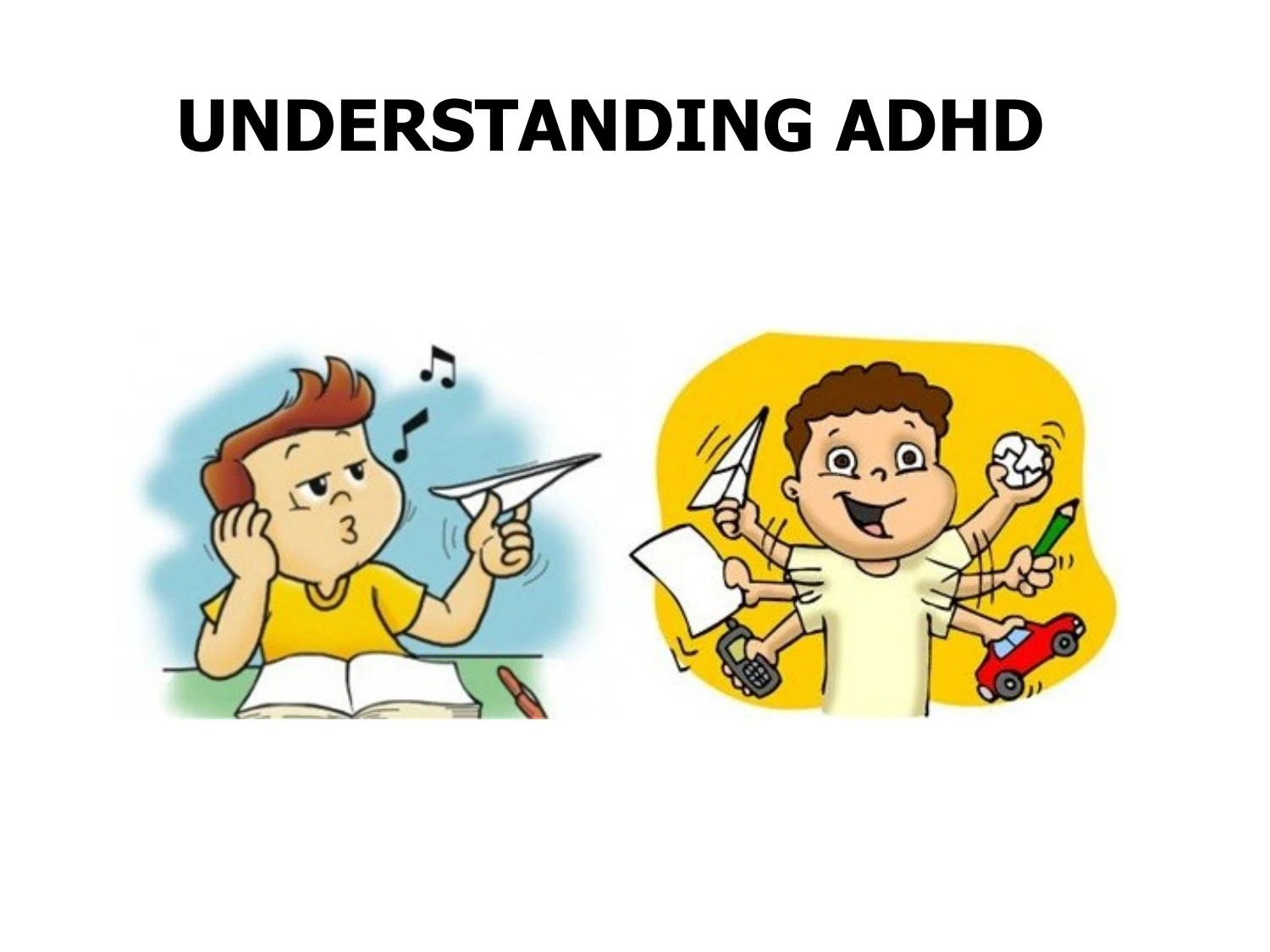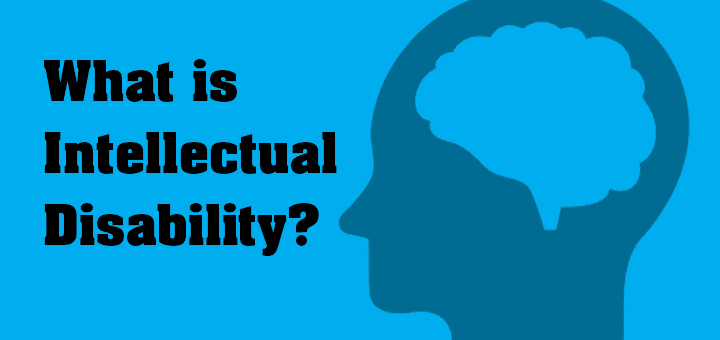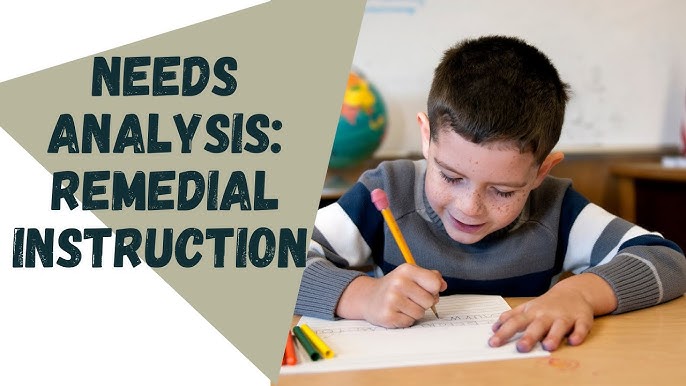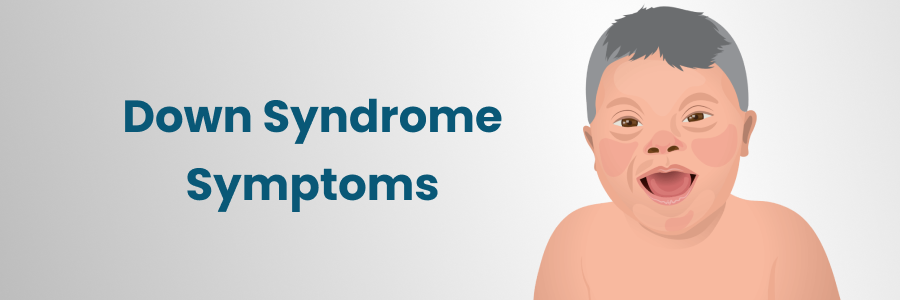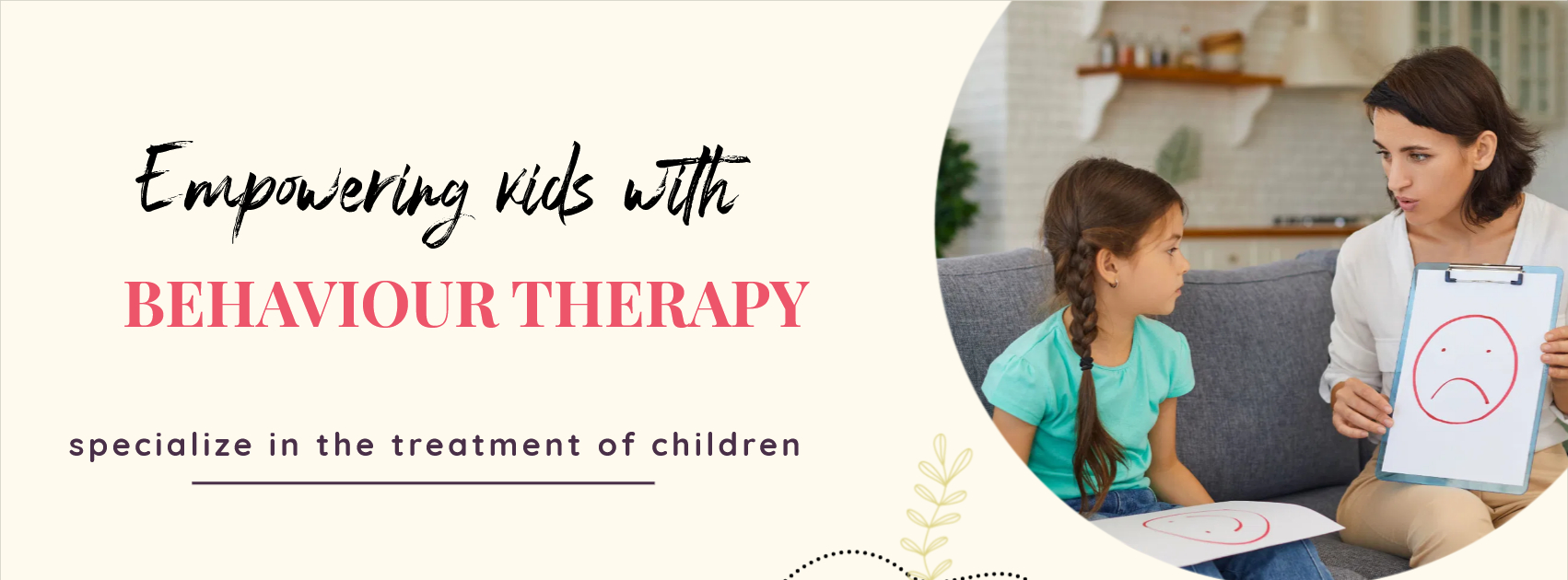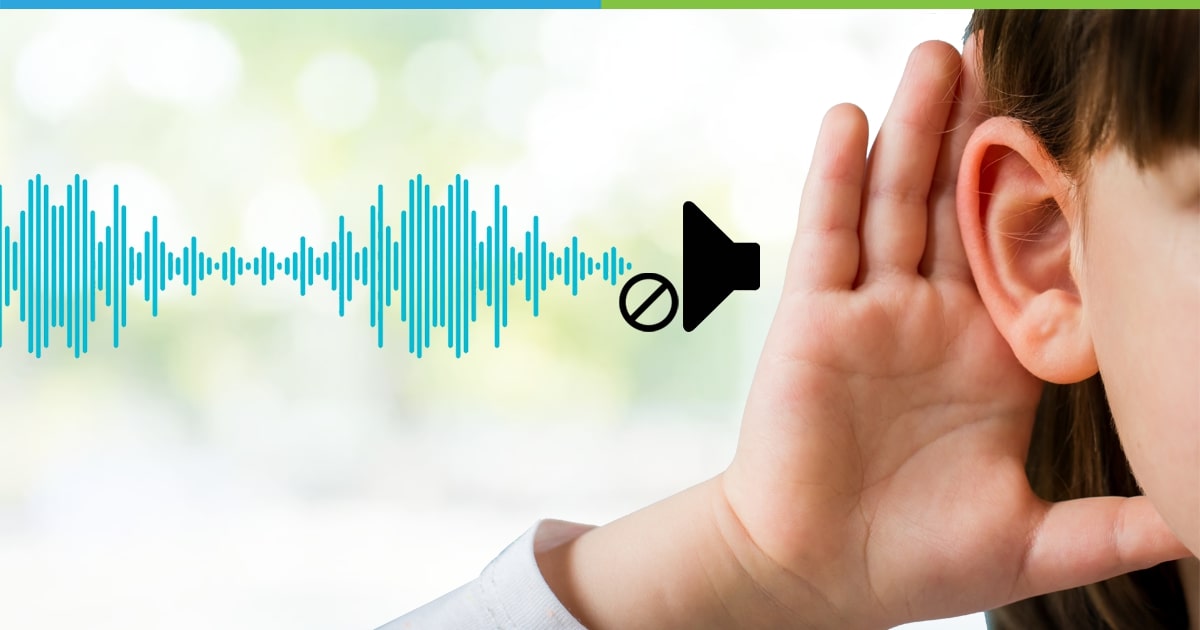
Hearing Impairment refers to a partial or total inability to hear. It can range from mild hearing loss (where individuals may have difficulty hearing soft sounds) to profound deafness (where individuals cannot hear any sounds). Hearing impairment can be congenital (present at birth) or acquired (occurs after birth) and can be caused by a variety of factors.
Types of Hearing Impairment:
There are three main types of hearing impairment, based on the part of the ear that is affected:
-
Conductive Hearing Loss:
- Cause: This type of hearing loss occurs when sound cannot efficiently travel through the outer or middle ear. It often results from blockages or damage to the ear structures responsible for transmitting sound vibrations to the inner ear.
- Common Causes:
- Ear infections (otitis media)
- Earwax buildup
- Fluid in the middle ear
- Perforated eardrum
- Abnormal bone growth (e.g., otosclerosis)
- Treatment: Often treatable with medical or surgical interventions, such as removing earwax, treating infections, or surgical procedures to correct structural issues.
-
Sensorineural Hearing Loss:
- Cause: This type of hearing loss is caused by damage to the inner ear (cochlea) or the auditory nerve, which transmits sound signals to the brain. It is the most common form of permanent hearing loss.
- Common Causes:
- Age-related hearing loss (presbycusis)
- Noise-induced hearing loss
- Genetic factors
- Illnesses (e.g., meningitis, measles)
- Head trauma
- Ototoxic medications (drugs that damage the ear)
- Treatment: This type of hearing loss is typically permanent and may be managed with hearing aids, cochlear implants, or assistive listening devices.
-
Mixed Hearing Loss:
- Cause: This is a combination of both conductive and sensorineural hearing loss, where an individual has issues in both the outer or middle ear and the inner ear or auditory nerve.
- Treatment: The treatment may involve a combination of approaches, including medical treatment for conductive issues and hearing aids or implants for sensorineural problems.
Causes of Hearing Impairment:
Hearing impairment can be congenital or acquired and can occur at any point during life. Some common causes include:
1. Congenital Causes (Present at Birth):
- Genetic Factors: Hearing loss can be inherited, and many genetic syndromes are associated with hearing impairment, such as Usher syndrome or Pendred syndrome.
- Prenatal Factors:
- Maternal infections (e.g., rubella, cytomegalovirus, toxoplasmosis) during pregnancy can cause hearing loss in the baby.
- Premature birth or low birth weight may also increase the risk of hearing impairment.
- Jaundice: Severe jaundice in newborns, if untreated, can lead to hearing loss.
2. Acquired Causes (Developing After Birth):
- Age-related hearing loss (Presbycusis): As individuals age, gradual hearing loss is common due to the natural aging process of the auditory system.
- Noise exposure: Prolonged exposure to loud sounds (e.g., heavy machinery, concerts, music) can damage the inner ear, leading to noise-induced hearing loss.
- Infections: Infections such as meningitis, mumps, or measles can lead to permanent hearing loss.
- Ototoxic medications: Certain medications, such as chemotherapy drugs, some antibiotics, and diuretics, can damage hearing.
- Trauma or Injury: Head injuries or trauma to the ear can cause hearing impairment.
- Ear infections: Repeated or chronic middle ear infections can lead to hearing loss if not properly treated.
Symptoms of Hearing Impairment:
The signs and symptoms of hearing impairment vary depending on the severity and type of hearing loss. Common symptoms include:
- Difficulty hearing or understanding speech, especially in noisy environments.
- Asking people to repeat themselves frequently.
- Turning up the volume of the television or radio louder than usual.
- Difficulty hearing consonants, which can lead to speech that sounds muffled or unclear.
- Withdrawal from social situations due to trouble understanding conversations.
- Speech delays or difficulty with language development in children (especially if the hearing loss is congenital or occurs early in life).
Diagnosis of Hearing Impairment:
Hearing impairment is diagnosed through a series of tests performed by an audiologist or otolaryngologist (ENT specialist). Common diagnostic tests include:
-
Hearing Tests (Audiometry):
- Pure Tone Audiometry: Involves listening to sounds at different frequencies and volumes through headphones to determine the level of hearing loss.
- Speech Audiometry: Assesses the ability to hear and understand spoken words.
- Tympanometry: Measures the movement of the eardrum to assess the condition of the middle ear and diagnose issues like fluid buildup or ear infections.
-
Otoacoustic Emissions (OAE): A test used primarily for newborns or young children that checks the inner ear’s response to sound stimuli.
-
Auditory Brainstem Response (ABR): A test used to assess the hearing pathway from the ear to the brainstem, typically used for infants or individuals who are unable to participate in standard hearing tests.
-
Physical Examination: The healthcare provider will examine the ear canal and eardrum to check for any physical blockages, infections, or abnormalities.
Treatment and Management:
The treatment for hearing impairment depends on the type, severity, and cause of the hearing loss.
1. Hearing Aids:
- Hearing aids are electronic devices that amplify sound and are commonly used for individuals with sensorineural hearing loss. They are worn behind or in the ear.
- Hearing aids are available in various types, including behind-the-ear (BTE), in-the-ear (ITE), and in-the-canal (ITC) designs.
2. Cochlear Implants:
- A cochlear implant is a surgically implanted device that directly stimulates the auditory nerve and provides a sense of sound for individuals with severe or profound sensorineural hearing loss who do not benefit from hearing aids.
- Cochlear implants work by bypassing damaged parts of the ear and sending electrical signals to the auditory nerve.
3. Bone-Conduction Hearing Devices:
- For individuals with conductive hearing loss, bone-conduction devices (such as the BAHA system) may be used. These devices bypass the outer and middle ear and transmit sound vibrations directly to the inner ear through the bones of the skull.
4. Speech Therapy:
- Speech-language therapy may help individuals, particularly children, improve their speech and language skills if hearing loss has affected their development.
- Sign Language: For individuals with profound or total hearing loss, sign language can be an essential mode of communication.
- Auditory-Verbal Therapy: This therapy helps children with hearing loss learn to use residual hearing and hearing devices to develop speech and language skills.
5. Surgical Treatment:
- In cases of conductive hearing loss, surgery may be needed to correct structural problems, such as repairing a perforated eardrum, removing tumors, or addressing middle ear problems (e.g., ossicular chain reconstruction).
- Stapedectomy: A procedure to remove the stapes bone in the middle ear in cases of otosclerosis.
6. Assistive Listening Devices (ALDs):
- These devices, such as FM systems, hearing loops, or personal amplifiers, can help amplify sound in specific situations (e.g., in classrooms, theaters, or public spaces).
Prevention of Hearing Impairment:
While some causes of hearing impairment are unavoidable, there are steps individuals can take to reduce the risk:
- Protecting Ears from Loud Noises: Wearing ear protection, such as earplugs or earmuffs, in noisy environments (e.g., concerts, construction sites, or while using power tools) can help prevent noise-induced hearing loss.
- Managing Ear Infections: Prompt treatment of ear infections, especially in children, can help prevent permanent damage to the ear.
- Vaccination: Immunizing children against diseases like measles, mumps, and rubella can help prevent infections that cause hearing loss.
- Avoiding Ototoxic Drugs: Taking medications only as prescribed and avoiding ototoxic drugs (drugs known to harm hearing) when possible.

